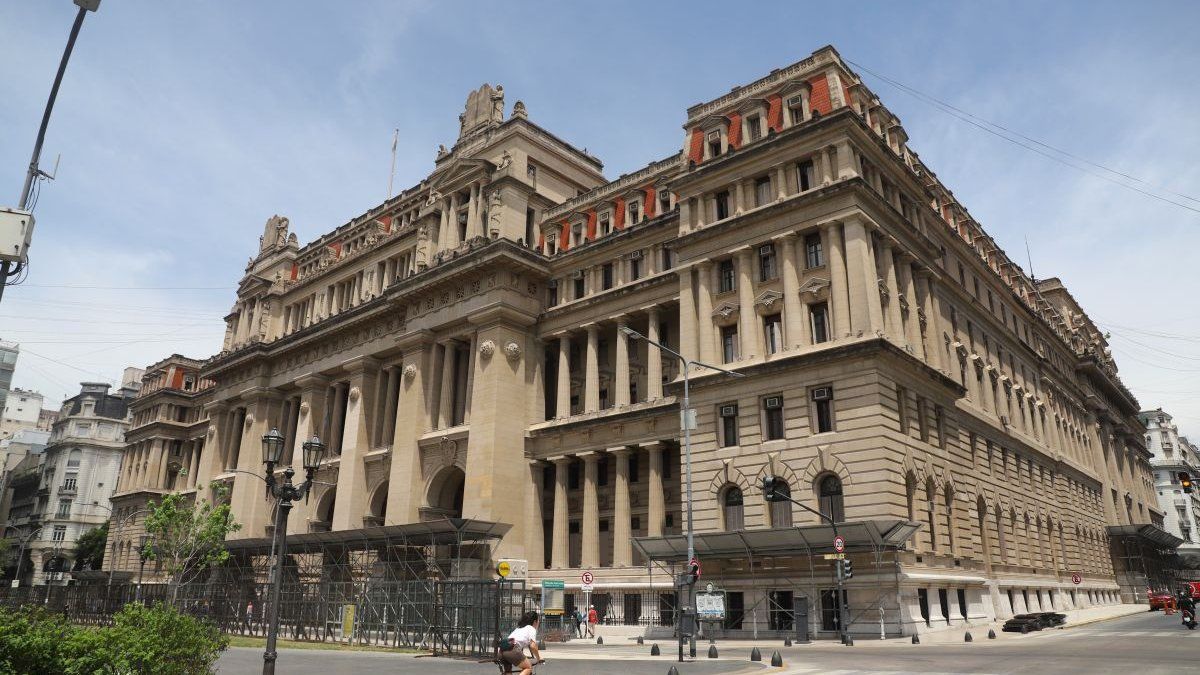The Supreme Court of Justice of the Nation declared the unconstitutionality of tax regime implemented by the province of Buenos Aires that established a system of differential rates in terms of gross income for certain activities carried out in productive establishments located in the province.
In the case, Enod SA sued the Province of Buenos Aires in order to declare the unconstitutionality of the following local regulations: article 39, paragraph b, of law 11,490; article 2, paragraph b, of law 11,518; articles 1 and 3 of law 13,850; as well as articles 12 and 14 of law 13,930; 20 and 23 of Law 14,044; and 20 and 24 of law 14,200.
Likewise, he requested that the declaration of unconstitutionality raised be extended to any other norm that reproduces the questioned tax regime, considering that it violates the provisions of articles 9 to 12, 75, inc. 13, and 126 of the National Constitution, by establishing a differentiated treatment in the payment of tax on gross income “based on the place of production of the goods.”
He reported that the company is dedicated to the textile industry and, in particular, that it develops spinning and weaving activities in its establishments located in the Buenos Aires town of Morón and in the Industrial Park of the city of La Rioja.
He pointed out that, through the contested regulations The defendant established a regime that imposes disparate treatment in terms of gross income and explains that, on its merit, those taxpayers who produce their goods outside the Province of Buenos Aires, when marketing them, must face a higher tax burden than those who sell them. produce locally.
Supreme Court Statement
With the signature of Horacio Rosatti, Carlos Rosenkrantz, Juan Carlos Maqueda and Ricardo Lorenzettithe Court partially granted the claim and, consequently, declared the unconstitutionality of articles 1 and 3 of Law 13,850; 12 and 14 of Law 13,930; 20 and 23 of Law 14,044; 20 and 24 of laws 14,200 and 14,333; 21 and 27 of laws 14,394, 14,553, 14,653 and 14,808; and articles 20 and 26 of Law 14,880, which reproduce the regime in which differential rates were set in relation to the Gross Income Tax.
supreme court.jpg
The four members of the Supreme Court of Justice.
CSJA
The Court stated that: “by taxing the plaintiff’s activity (spinning and weaving) with the rates of 3% and 4% based on the location of the taxpayer’s productive establishment, the application of articles 1 and 3 of law 13850; 12 and 14 of Law 13,930; 20 and 23 of Law 14,044; 20 and 24 of laws 14200 and 14,333; 21 and 27 of laws 14,394, 14,553, 14,653 and 14,808; and articles 20 and 26 of law 14,880, hinder the development of trade between the provinces.”
“This is so because the aforementioned provisions establish discrimination through which the principle of equality is harmed (National Constitution, article 16), and the natural flow of commerce is altered (National Constitution, articles 75, paragraph 13, and 126), thus establishing a kind of “internal customs” prohibited by the National Constitution (articles 9 to 12), to harm foreign products for the benefit of those manufactured in its territory, an extreme that leads to the declaration of invalidity of the regime. object of challenge”.
Questioning
Regarding the questioning of the constitutionality of articles 39, paragraph b, of law 11,490 and 2, paragraph b, of law 11,518, the Court highlighted that “prior to the beginning of this case, the plaintiff filed an action before the Administrative Litigation Court No. 3 of the Judicial Department of La Plata, Province of Buenos Aires, in which it requested the declaration of nullity of the tax claim.”
“In the face of this, since there are no reasons that justify fragmenting the dispute (…) it is necessary to establish the continuity of the jurisdiction of the judge in provincial administrative litigation, in order to comprehensively assess the issues related to the conflict and allow the unity of criterion that will avoid the issuance of contradictory pronouncements.”
Source: Ambito




